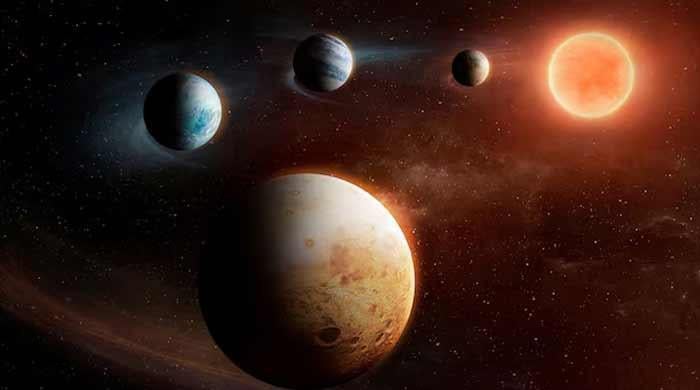EU scientists name January as world's warmest on record — but why?
Temperatures in January were still high despite scientists predicting shift from El Nino to cooler La Nina phenomenon
February 08, 2024

The European Union's (EU) Copernicus Climate Change Service (C3S) on Thursday announced that the world just experienced its hottest January on record, continuing a trend of exceptional heat caused by climate change.
Last month's temperatures surpassed the previous warmest January in C3S's records going back to 1950, making it an exceptional month, following 2020's ranking as the hottest year on record globally.
This, according to scientists, is the result of human-induced climate change and the El Nino weather phenomenon, which warms the surface waters in the eastern Pacific Ocean, Reuters reported.
The world has been experiencing a continuous rise in temperatures, with every month since June being the hottest on record compared to the same month in previous years.
"Not only is it the warmest January on record but we have also just experienced a 12-month period of more than 1.5°C (1.7°F) above the pre-industrial reference period," C3S Deputy Director Samantha Burgess said.
"Rapid reductions in greenhouse gas emissions are the only way to stop global temperatures increasing," she said.
American scientists have said 2024 has a one-in-three chance of being even hotter than last year, and a 99% chance of ranking in the top five warmest years.
Scientists predict a shift to a cooler La Nina phenomenon later this year as the El Nino phenomenon began to weaken last month but the average global sea surface temperatures for January still were the highest for any January on record.
Countries agreed in the 2015 Paris Agreement to try to prevent global warming from surpassing 1.5°C, to avoid it unleashing more severe and irreversible consequences.
Scientists argue that the goal of reducing CO2 emissions is unrealistic, but urge governments to act faster to prevent overshooting and the potential harm to people and ecosystems from the harmful heat, drought, and rising seas.











